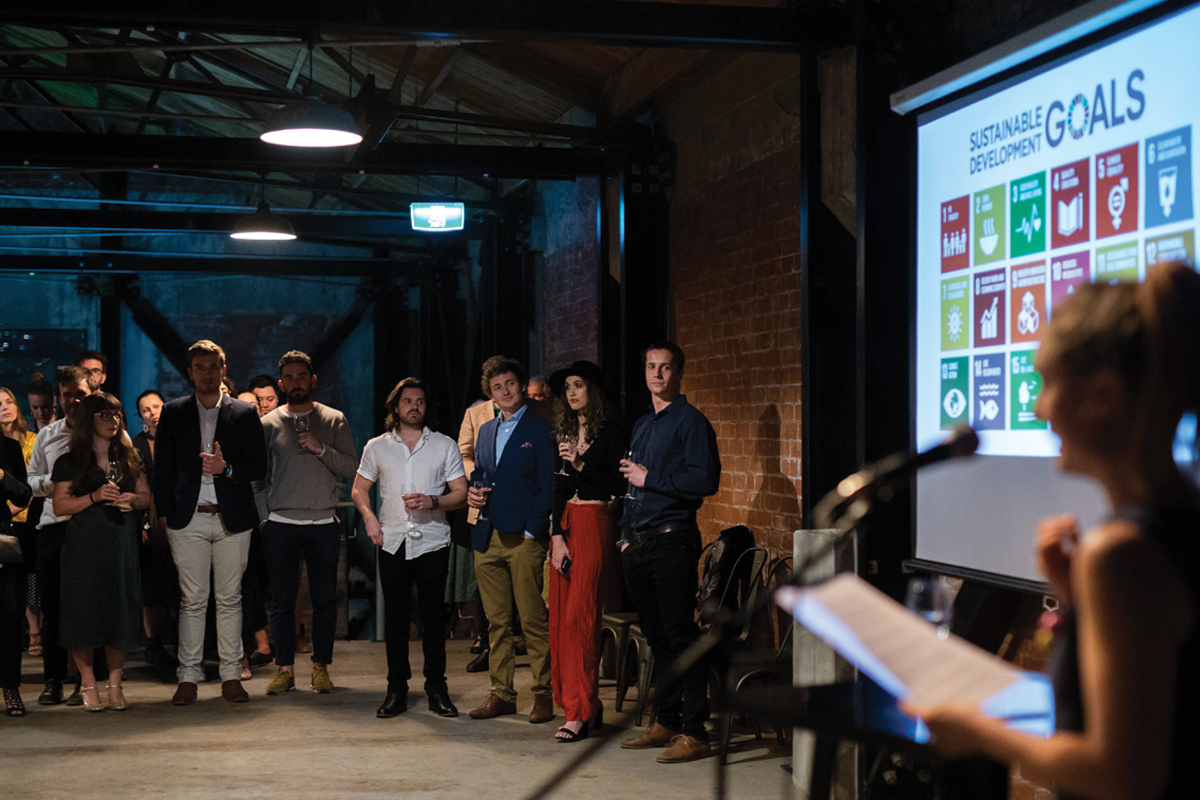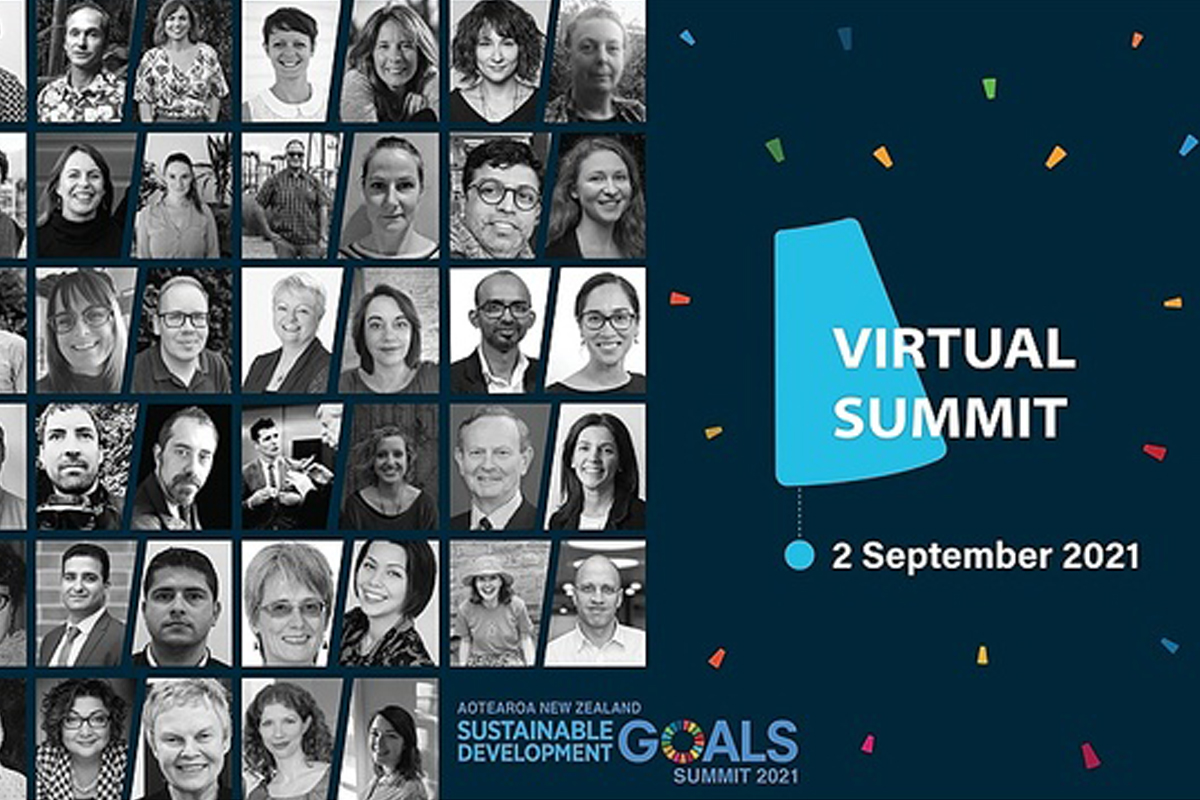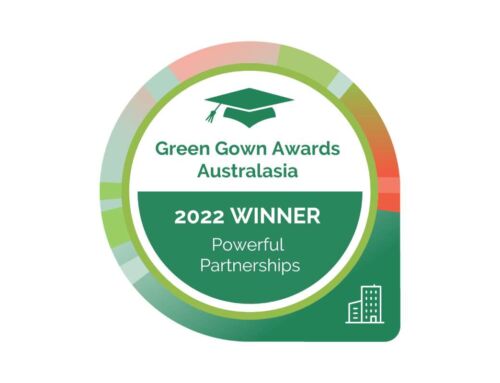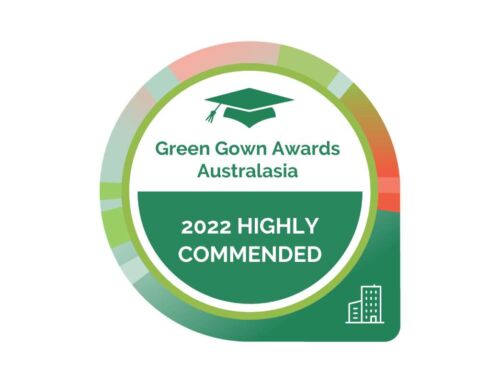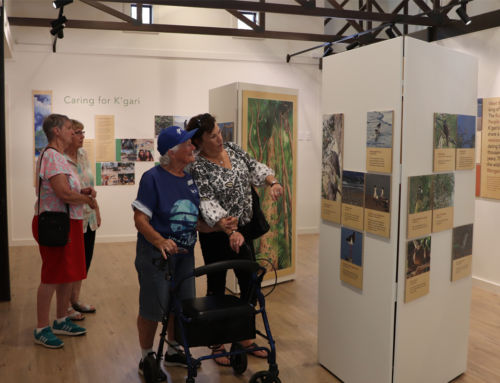Aotearoa SDG Summit Series 2020-2021
Te Whare Wānanga o Waitaha | University of Canterbury (UC) and Te Whare Wānaka o Aoraki | Lincoln University (LU) co-hosted the Aotearoa SDG Summit Series during 2020 – 2021, drawing together many sectors, organisations and individuals to envision and deliver three online hui (meetings) before pivoting from a face-to-face summit to an online summit due to Covid-19 restrictions.
The SDG Series featured 83 speakers from across Aotearoa New Zealand, with nearly 1000 people attending online and almost 1 million people reached through social media engagement.
A significant outcome of the series was that 199 organisations and individuals signed a Declaration of Commitment to the SDGs and pledged support for the emerging national SDG Alliance.
Some 66 videos of sessions from the three hui and the online summit are available online, creating an invaluable free resource for ongoing engagement with students, sustainability advocates, the business sector and interested members of the public.
UC and LU partnered with Ara Institute of Canterbury, Christchurch City Council, and other partners, forming an innovative working group guided by independent event curator Erica Austin. Initially, the conversation began with our mana whenua (local indigenous) Treaty of Waitangi partner Ngāi Tūāhuriri, who helped the team to weave te ao Māori (our indigenous worldview) through the processes and subsequent events. There was a strong focus on including youth voices and participation, as well as engagement with our Pasifika community.
A national stakeholder group carried the initiative from the previous iterations of in-person SDG summits at Te Herenga Waka | Victoria University of Wellington and Waipapa Taumata Rau| Auckland University.
The UC and LU series expanded the previous national summit concept, adding three online hui leading up to the online summit.
The Stakeholder Group’s priorities for the Series were to:
- Build a sense of leadership nationally
- Demonstrate pathway planning
- Report/reflect on progress
- Provide inspiration and motivation
> The initiative
Aotearoa New Zealand’s first national SDG Summit Series was held in 2018, with the intention that other New Zealand universities would host subsequent summits in a sequence leading to 2030. The Aotearoa SDG Summits were inspired by acknowledging the leading role universities need to play in climate action as well as the need to collaborate across sectors to drive meaningful change for the SDGs. The Summits bring together civil society, government, the business community, youth, with strong mana whenua and Pasifika input, and help to shape a uniquely Aotearoa New Zealand response.
The third national SDGs Summit Series was co-hosted by the University of Canterbury (UC) and Lincoln University (LU) with Ara Institute of Canterbury and the Christchurch City Council, supported by Tourism New Zealand, Te Pokai Tara | Universities New Zealand, ChristchurchNZ, Seeds podcast and New Zealand National Commission for UNESCO.
In early 2020, New Zealand experienced its first cases of COVID-19, and the country went into lockdown. Planning for the third national SDGs Summit Series commenced in this context. The concept quickly evolved into hosting an online SDG Summit Series, to be capped off by a two-day in-person event in Ōtautahi Christchurch in 2021.
The idea was to maintain momentum in uncertain event-planning times, while providing enough time to canvas a wide variety of ideas and projects supporting work towards the SDGs. This would also create space to develop a community of practice or network of parties interested in working together to advance the SDGs. This network, or Alliance as it came to be known, would take a Treaty of Waitangi (Te Tiriti o Waitangi )-led governance approach, and be fundamentally multi-sectoral.
The planned two-day in-person event could not be held due to another nationwide lockdown in August and September of 2021. Instead, the two-day event was condensed into a one-day online event, followed by a two-hour special session the following day.
Overall, the third national Aotearoa SDGs Summit Series consisted of the following:
Online #1: See the Change (November 2020 – 2 hours)
This hui focused on the voices of Youth. Presentations included:
- Students spoke about ecological restoration work at a local marae and becoming a climate activist at a young age.
- Lucy Gray, a leader of New Zealand’s Strike4Climate organisation, performed an original song.
- Academics spoke to the significant data gaps that limit how we can understand national progress on the SDGs, and on an approach taken to conceptualise a regional SDG implementation wellbeing project.
- Two workshops followed: exploring the importance of visual storytelling, and an overview of SDGs in the context of international sustainability agreements.
Over 100 people attended.
Online #2: Be the Change (March 2021 – 2.5 hours)
The second event picked up on themes touched on in the first hui, and delved deeper into them. Presentations included:
- An overview of a SDG dashboard project, and of how the NZ Government was performing on the SDGs.
- Two panel discussions followed on Sustainable Food Production Systems and on Te Tiriti and the SDGs, and also featured a young farmer who is studying sustainability at LU.
- A workshop then followed, led by the Sustainable Business Council, exploring ways businesses are incorporating sustainability into their processes, and the event concluded with a lively debate on ‘green washing’.
Over 100 people attended.
Online #3: Working Together For Change (June 2021 – 2.5 hours)
Designed to focus primarily on Pasifika and Youth issues. Presentations included:
- An update on two SDG Alliance workshops that had occurred since the second hui in March.
- Two panel discussions then followed. One discussion focused on sustainable development issues in the Pacific, pointing to the problematic nature of tick box measurement and ranking exercises. Community voices were heard, as described by the University of the South Pacific, and the connections between Aotearoa and its Māori population and various peoples of the Pacific were shared.
- The second discussion highlighted the importance of children’s and young people’s voices being included in decision-making processes and involved key participation from a representative of the NZ Office of the Children’s Commission.
100 people attended
Virtual Summit (2-3 September 2021, one-day event)
The team pivoted to host a virtual event due to Covid-19 lockdowns. This opened the event to those beyond Ōtautahi Christchurch and attracted a national audience. The initial allocation of 500 tickets was snapped up within days.
Registrations were capped at 770 (with a waitlist of 233). The highest number of participations during the day in a session was 489. Participants chose their interactive workshop pathways. There were also project showcases, and importantly, an official signing of a SDG Summit Declaration for Aotearoa.
The virtual summit commenced with an opening address by the New Zealand Hon. Minister of Foreign Affairs and Trade and Minister for Local Government, Manaia Mahuta. The UC and LU Vice-Chancellors delivered welcomes to the event.
Two, comprehensive, Interactive Workshops sessions followed, each with seven presentation pathways. The first Workshop pathways were:
- Understanding the Treaty as a Framework for the Future for all of us.
- The Role of Tertiary Institutions in Delivery of the SDGs.
- The Gerontological Imagination – Unifying through Our Age Differences.
- Innovation, Entrepreneurship and the Circular Economy.
- Statistics NZ’s Ngā Tutohu Aoteatora Wellbeing Indicator Framework.
- Rain Forest & Rights Projection – West Papua as a Pacific case study.
- Office of the Auditor General (presentation given by the Audits Performance Manager); Collaborating for a Better Future – Forming an SDG Alliance for Aotearoa through Collective Pou Approach.
The second Workshop pathways were:
- How critical is collaboration in system change and the conditions necessary for success?
- Education 2030 – An intergenerational Conversation on Revisioning Education in Aotearoa New Zealand.
- Design for Conservation toolkit.
- Utilising systems thinking to address waste minimisation and support SDG localisation in Canterbury.
- Innovating for change – entrepreneurship, Asia and the SDGs.
- Foreseeable Future – seamless integration of data to enhance climate and disaster risk reduction.
- Te Tiriti-based Climate Assemblies for Aotearoa New Zealand.
Project showcases were on:
- Masters of the SDGs with Massey University.
- Virtual Reality Experiential Education for Sustainability with Victoria University of Wellington; School of Teacher Education SDGs Research & Writing Group with UC.
- Ten New Myths for Humanity; Creating a circular economy at Auckland University of Technology.
- Art Activism as Change Agent for Sustainability.
- Sparking rangatahi’s curiosity to solve climate challenges through hands-on solar power programmes with Kia Kotahi Ako;
- Cantabrians developing climate resiliency through ecosystem restoration with Braid (Braided River Aid).
- Future Living Skills with Sustainable Living Education Trust.
- Acclimatising to higher ground: the realities of life of a Pacific Atoll People with UC.
- Impact Collective: Rangitikei, Ruapehu, South Taranaki and Whanganui with Impact Collective.
- Sustainable economic growth for a more prosperous Ōtautahi Christchurch – using the SDGs at ChristchurchNZ.
- Why Storytelling Matters with Seeds Podcast.
The virtual summit closing ceremony was attended by 290 people, with addresses given by senior leadership staff from the Universities of Canterbury, Lincoln, Waikato, Ara Institute of Canterbury, and an address from Councillor Sara Templeton from the Christchurch City Council.
Virtual Interactive Workshops (two-hour special session following the virtual summit)
This special panel session focused on Research Challenges in Meeting Future Climate Change Emissions Targets, with Dr Rod Carr, Chair of New Zealand’s Climate Change Commission, as a special panel member. The panel’s purpose was to stimulate a conversation on how we can make a difference in solving the challenge of future climate change emissions targets through research. 154 people attended.
> Environmental and social benefits
The full-day virtual summit event was opened by Hon. Minister Nanaia Mahuta, New Zealand’s Minister of Foreign Affairs and Trade and Minister for Local Government.
In her address, the Minister pointed to some of the good work the Government has been doing, while also acknowledging that they could be, and needed to be, doing a lot more. In particular, the Minister acknowledged the report of the Office of the Auditor General about the Government’s preparedness to implement the SDGs, which had been released two days earlier. The report echoed many of the findings of the earlier People’s Report in calling for more focus within the Government on the SDGs. The Minister indicated that a response to this report would be forthcoming.
A key representative from the Office of the Auditor General also spoke at the Summit event, outlining what their report had said.
The 2020-2021 Summit Series elevated key concepts and enriched the collective understanding of the SDGs, signposting pathways for further work. This was done by:
- Supporting the development of the Aotearoa SDG Alliance.
- Developing discussion about the connections of tangata whenua, Te Tiriti o Waitangi and the SDGs.
- Bringing the voice of our Pacific neighbours to our thinking about the SDGs.
- Hearing from young people and learning from their concerns for the future and the actions they are taking.
- Learning more from the New Zealand research community (especially the Crown Research Institutes) about the work they are doing to support progress on the SDGs.
- Listening to ways in which the business community is working to achieve the SDGs.
- Building strong processes for the development of the SDG summits, for example by enhancing the role of the national Stakeholder Group.
The Series brought together a Minister of the Crown, local government, the business sector, youth, Māori, Pasifika, the education sector, NGOs and others in a unique blend that made it possible for cross-sectoral collaboration and discussion to take place.
A symbol of this resolve is the Summit Declaration. This was signed by almost 200 organisations and individuals (including six of the eight New Zealand universities, and Te Pūkenga, which combines all the vocational training organisations in NZ). The Declaration commits parties to collaborative action on the SDGs, and a follow-up survey has already shown some great outcomes from this process.
Since the Series, we have seen discussion of the series take place at Select Committee level within Parliament; we believe the Series has contributed significantly to a raised awareness of the SDGs at the national political and policy-setting level.
> Leadership and engagement
Considerable thought, planning, and interactive engagement with many diverse groups of people went into hosting this third national SDG Summit Series, and included partnering with international, national and local groups, stakeholders, guest speakers, and participants.
The team surveyed 770 participants after the summit and produced a comprehensive final report (dated 31 December 2021) on the summit series, which provided 13 recommendations about the planning process to assist future hosts for summit series events. The particulars of UC and LU setting up a decision-making and delivery structure for this third Series involved:
1. Develop a Working Group
Key organisations were first identified and then followed by collaboratively forming a Terms of Reference (ToR). Mana whenua (our indigenous partners in this case) were approached for their support of the event and a commitment to participate, and planning did not progress until this had been secured. Following mana whenua support, the newly-formed Working Group next agreed the event infrastructure to be developed would need to be easily passed on to future hosts.
2. Enhance the role of the national Stakeholder Group
The Working Group surveyed people on the national Stakeholder Group list to identify the following: what their experience of being on the Stakeholder Group was; what content from the 2019 Summit they most valued; and what the key purposes of the next Summit should be. The Working Group then drafted a ToR for the Stakeholder Group and conveyed an online meeting of this group to discuss the survey results and confirm the ToR. The Stakeholder Group then selected its own co-chairs and commenced monthly meetings.
3. Programme development
In consultation with the Working Group, the Stakeholder Group devised a Summit Series as three online hui (meetings) leading up to a face-to-face summit. This plan took into account the feedback from the Stakeholder Group survey.
4. Programme delivery
A conference organiser was enlisted, who delivered the programme as developed. The programme was further refined through an iterative process between the different parties.
5. Event evaluation and reporting
Surveys were undertaken after each hui (meeting) in the Series, to help further shape next steps. These surveys were of both participants and speakers, and both the Working Group and Stakeholder Group discussed the results.
In short, this was a multi-level process which, while time-consuming, resulted in far more buy-in from multiple groups than has been achieved before.
We feel many important seeds were sown. Even within the online format we saw a great deal of collaboration and cross-pollination take place.
> Significance to the sector
The Working Group was committed to the ongoing development of the programme of summits through to 2030, largely through the bolstering of the role of the national Stakeholder Group and support of the Aotearoa SDG Alliance. This also included developing a robust process for selecting the host of the next Summit, which was carried out by a sub-committee of the national Stakeholder Group (rather than by the Universities NZ Panel on the SDGs). This more transparent process led to a better outcome for all. It appears through this Summit-creation process that the SDG community is more connected. Part of this is the SDG Alliance. Commitment to Te Tiriti and a bicultural foundation to our SDG journey has been enshrined in both the Alliance and the Declaration.
> Wider societal impact
160 individuals and organisations signed the SDG Summit Declaration on the day, and this has now grown to 199 individuals and organisations.
The Declaration is a straightforward document that we envisage will stimulate more collaboration for change. The text of the Declaration is below. The Working Group wanted participants at the end of the series to not only know more about the SDGs and their implementation in NZ but also to be able to identify what actions they will personally take, and who they will work with to achieve their goals.
The Series also aimed to shift the ways universities can engage with their communities. People could be in a breakout room in a discussion rather than listening to experts. Feedback showed that many people felt included and respected. This is a very different way of doing things and could be a result of the Working Group not being academic led.
Finally, the Series also promoted diversity, including as many different voices as possible, and the multisectoral approach was very clear. The focus was on change and collaboration, and this came through very strongly.
> Learner/Graduate employer impact
Of the 199 individuals and organisations who signed the SDG Summit Declaration, some are likely to be graduate employers. However, it is very difficult to assess this aspect of the Summit Series impact. We can comment that around 40 student volunteers were enlisted to support various aspects of the planned face-to-face event and there had been considerable work done with them prior. Many of these students were recruited through UC’s Eco Volunteer programme. This programme enables students to explore their areas of passion within a sustainability lens and, importantly, can contribute to their co-curricular record. We know that this is an important component of a graduate’s CV as this gives them a practical, applied, leading edge in staff recruitment processes. The training and planning these volunteers did will be relevant for many for future employment opportunities.

